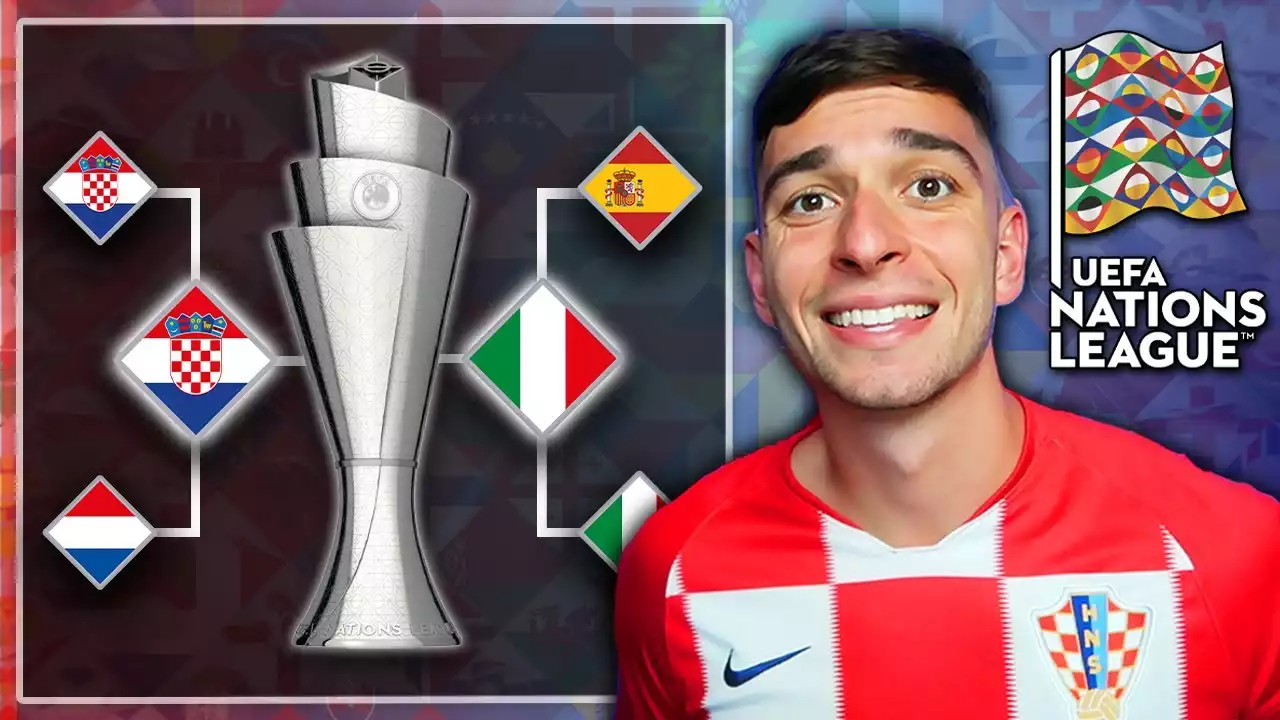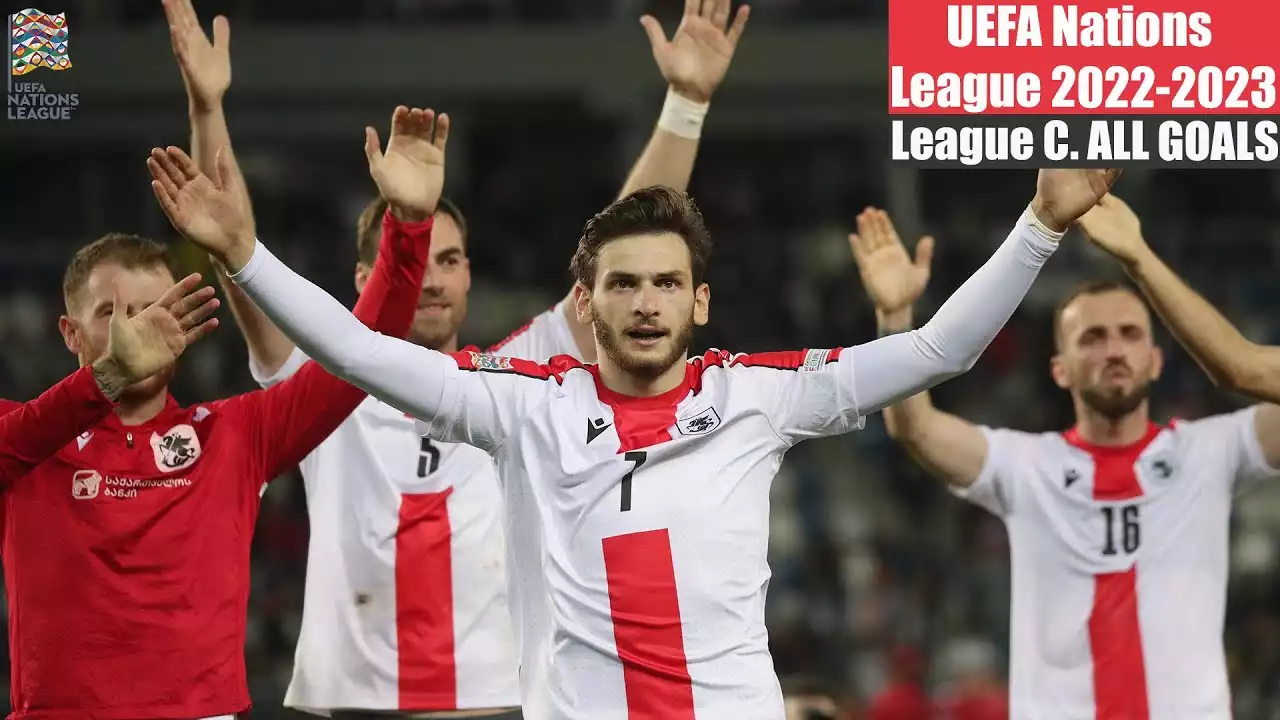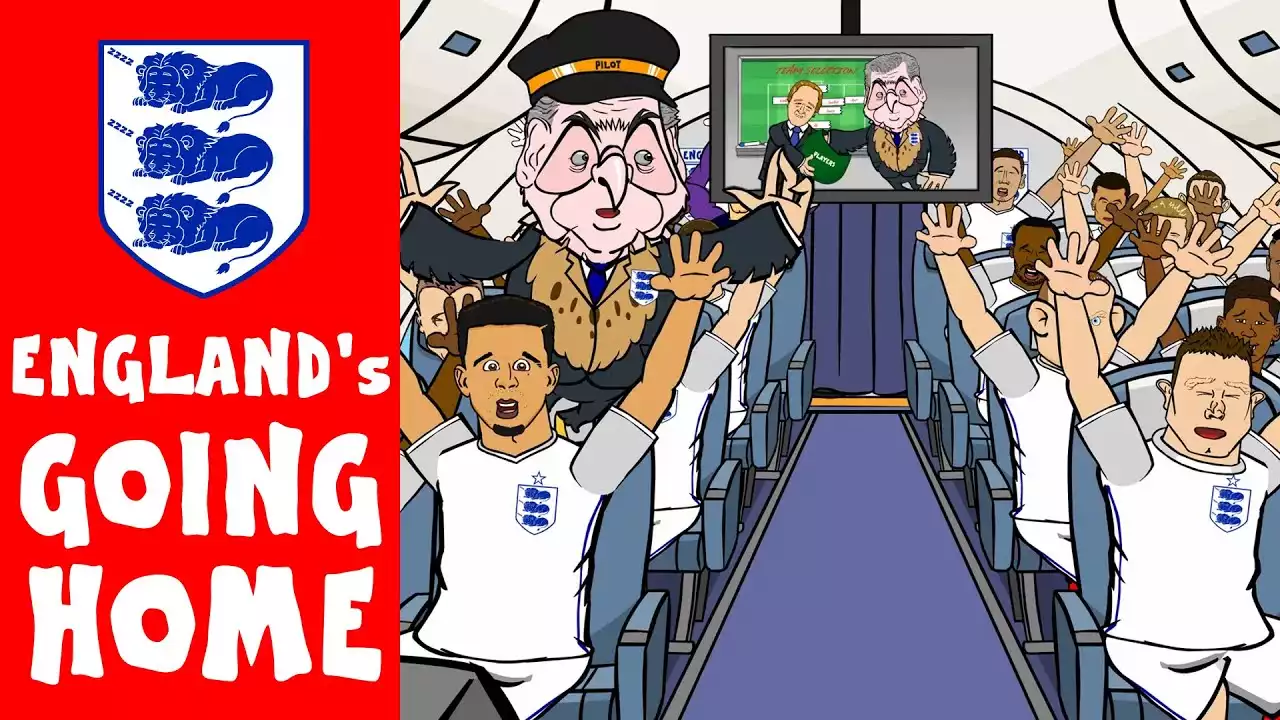What is the UEFA Nations League?
The UEFA Nations League is a biennial international football competition organized by UEFA, the governing body for football in Europe. Launched in 2018, this tournament aims to replace the traditional international friendly matches with competitive games that hold significance. The Nations League consists of four leagues, namely League A, League B, League C, and League D, each comprising teams of similar rankings. The top teams from each league have the opportunity to compete in the UEFA European Championship, adding further importance to the tournament.
The UEFA Nations League uses a unique promotion and relegation system to ensure competitive balance within each league. This system not only rewards teams for their performance but also penalizes those who underperform. Understanding this relegation process is crucial for both football enthusiasts and players alike. By grasping the intricacies of the system, fans can better appreciate the high stakes that each match holds, while teams can strategize and fight tooth and nail to maintain their standing.
How does the relegation process work in the UEFA Nations League?
Unlike traditional tournaments where the lowest-performing teams simply pack their bags and head home, the Nations League relegates them to a lower league for the next edition. The relegation process is determined by the team's ranking within its league. At the end of each edition of the Nations League, the team that finishes last in their respective group is automatically relegated to the lower league. On the other hand, the team that finishes first in their group is promoted to the higher league.
The relegation process is not limited to just one team. In certain cases, multiple teams from the same league can be relegated, depending on the number of available spots in the lower league. For example, if there are two relegation spots available in League A, the two teams that finish at the bottom of their respective groups will be relegated. This adds even more pressure to each match, as teams not only have to worry about their own performance but also about the performance of their competitors.
Consequences of relegation in the UEFA Nations League
The consequences of relegation in the UEFA Nations League are significant, not only in terms of pride and reputation but also when it comes to qualification for major international tournaments. Relegation to a lower league means that teams will lose the opportunity to compete against higher-ranked teams and potentially improve their ranking. This can be a blow to their development as a team and hinder their progress in the international football scene.
Moreover, relegation can have a direct impact on a team's chances of qualifying for major international tournaments, such as the UEFA European Championship or the FIFA World Cup. The Nations League serves as a pathway for teams to qualify for these tournaments. The top-ranked teams from each league, who have not already qualified through the traditional qualification process, earn a spot in the playoffs. Relegation to a lower league means losing this opportunity and having to rely solely on the traditional qualification process, which is often more challenging.
Historical examples of teams that have been relegated in the UEFA Nations League
Since its inception, the UEFA Nations League has seen several teams suffer the consequences of relegation. One such example is Germany, a powerhouse in international football. In the inaugural edition of the Nations League, Germany finished last in their group in League A and were subsequently relegated to League B. This came as a shock to many football fans, as Germany had won the FIFA World Cup just four years prior. The relegation served as a wake-up call for the team, forcing them to reassess their strategies and rebuild their squad.
Another notable example is Iceland, a small nation that made waves in the footballing world during the UEFA European Championship in 2016. In the 2018-2019 edition of the Nations League, Iceland was relegated from League A to League B after finishing last in their group. This relegation was a setback for the team, but it also highlighted the challenges faced by smaller nations in maintaining their position among the football elite.
Strategies to avoid relegation in the UEFA Nations League
In the high-stakes world of the UEFA Nations League, teams must employ effective strategies to avoid relegation. One key strategy is to focus on consistency throughout the tournament. Each match holds equal importance, and teams cannot afford to underestimate any opponent. By approaching every game with a winning mentality and giving their best effort, teams can increase their chances of securing valuable points and avoiding relegation.
Another crucial strategy is to analyze and adapt to the strengths and weaknesses of the opposing teams. This requires thorough scouting and tactical preparation. By understanding the playing style and tendencies of their opponents, teams can develop game plans that exploit weaknesses and neutralize strengths. This strategic approach can be the difference between staying in the current league or facing relegation.
Impact of relegation on national team rankings
The UEFA Nations League plays a significant role in determining the national team rankings. These rankings not only serve as a measure of a team's current performance but also impact their future seeding in international tournaments. Relegation to a lower league can result in a drop in rankings, making it more challenging for teams to secure favorable draws in future competitions.
However, the impact of relegation on national team rankings is not permanent. With consistent strong performances in the lower league, teams can quickly climb back up the rankings and regain their status among the top teams. This serves as motivation for relegated teams to bounce back and prove their worth in subsequent editions of the Nations League.
Relegation playoffs in the UEFA Nations League
To add another layer of excitement and opportunity, the UEFA Nations League also features relegation playoffs. This gives teams that narrowly escaped relegation in their respective groups a chance to secure their spot in the higher league. The playoffs consist of matches between teams from different groups within the same league, with the winners securing their place in the higher league for the next edition of the Nations League.
The relegation playoffs provide an intense and dramatic showdown, as teams fight tooth and nail to avoid the consequences of relegation. It adds an element of unpredictability and ensures that every match in the Nations League holds significance until the very end.
Controversies surrounding the relegation process in the UEFA Nations League
As with any major tournament, the UEFA Nations League relegation process has not been without controversies. One of the main criticisms is that relegation is based solely on the performance in one edition of the tournament, which might not accurately reflect a team's overall strength. This means that a team that had a poor run in one edition could face the consequences of relegation, even if they have a strong history and a talented squad.
Another controversy surrounds the allocation of promotion and relegation spots among the leagues. Some argue that the number of promotion and relegation spots should be adjusted to ensure a fair distribution of teams across the leagues. This would prevent situations where top-ranked teams from lower leagues are denied promotion due to limited available spots, while underperforming teams from higher leagues are protected from relegation.
Promoted teams and their chances of success in higher divisions
For teams that secure promotion from a lower league, the opportunity to compete against higher-ranked teams is a significant milestone. It provides them with a chance to test their skills against tougher opponents and showcase their potential on a bigger stage. However, the transition to a higher division can also be challenging, as the level of competition increases significantly.
Promoted teams must adapt quickly to the faster pace and higher intensity of matches in the higher division. They need to strengthen their squad, analyze the playing style of their new opponents, and develop new strategies to ensure their survival. While the path might be difficult, teams that successfully navigate the challenges of promotion can establish themselves as contenders and inspire others to aim higher.








.png?size=50)

